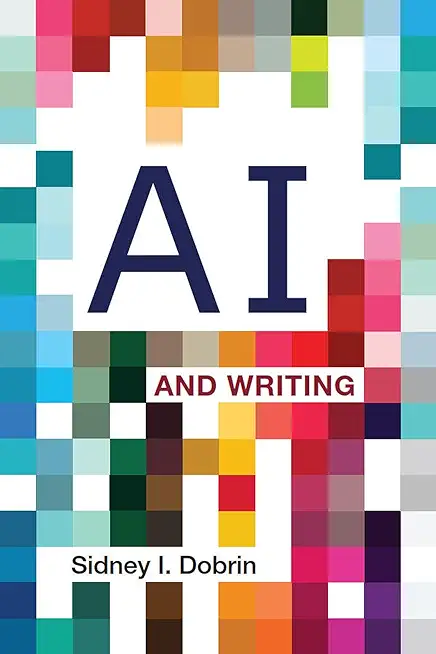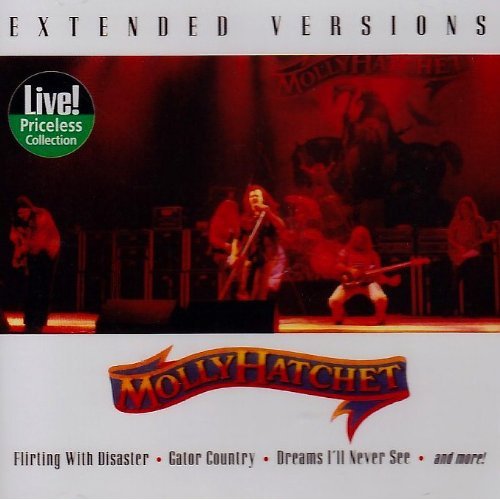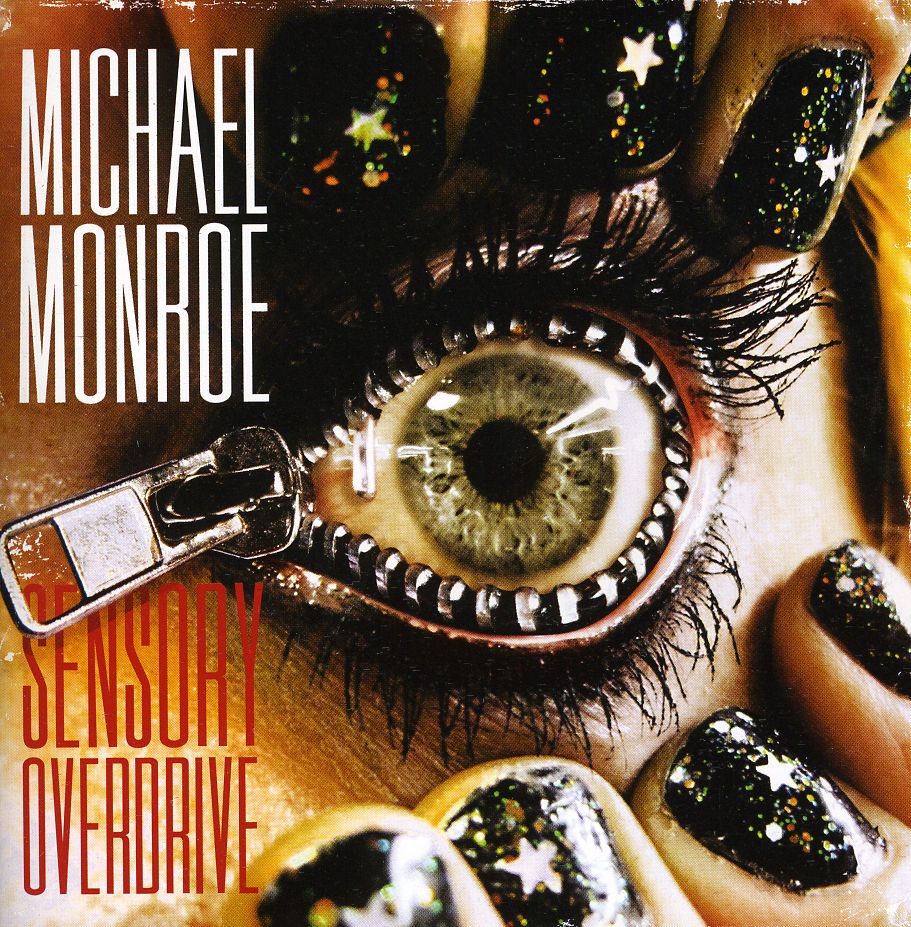
description
8Elegant Legal Writing helps attorneys elevate their writing from passable to polished. Drawing on ideas from cognitive science, stylistics, and litigation strategy, the book teaches practical techniques by example using fast-paced chapters. Readers will learn the essentials of effective legal composition:
Readability, aesthetics, and argumentation are intertwined. Ryan McCarl shows how litigation documents that are easier and more pleasant to read are more likely to persuade judges and other busy readers. The book also discusses parts of legal writing that many guides overlook, including sentence mechanics, writing technology, and typography.
- Writing clear, efficient prose
- Crafting strong arguments
- Telling a client's story through a compelling narrative
- Overcoming procrastination and drafting more productively
Readability, aesthetics, and argumentation are intertwined. Ryan McCarl shows how litigation documents that are easier and more pleasant to read are more likely to persuade judges and other busy readers. The book also discusses parts of legal writing that many guides overlook, including sentence mechanics, writing technology, and typography.
member goods
No member items were found under this heading.
Return Policy
All sales are final
Shipping
No special shipping considerations available.
Shipping fees determined at checkout.







